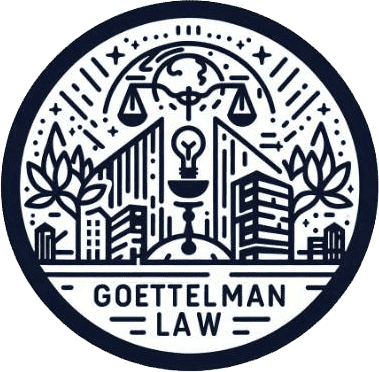Y Combinator (YC), one of the most successful startup accelerators globally, has been instrumental in launching companies like Dropbox, Airbnb, and Stripe. A significant part of its success formula lies in its repository of documents and resources tailored for startup needs. These documents are designed to help entrepreneurs navigate the often complex legal and operational aspects of running a startup.
Here’s a guide on how to effectively use Y Combinator’s documents for your startup:
1. Understanding the SAFE (Simple Agreement for Future Equity): YC introduced the SAFE as an alternative to convertible notes. It’s a simpler, more founder-friendly instrument for early-stage startups to secure funding without the complexities of debt. The SAFE documents outline various terms such as valuation caps and discount rates, providing a straightforward path for equity distribution upon future financing rounds.
2. Navigating the YC Library: The YC Startup Library is a treasure trove of information, containing essays, videos, and guides on starting a company. It covers a wide range of topics from idea validation to scaling your business. Utilizing this library can provide you with insights and best practices from industry experts.
3. Order of Operations: YC has outlined a recommended sequence of steps for starting a startup, which can be incredibly useful for first-time founders. This guide helps you understand when and how to tackle various stages of your startup journey, from ideation to launching a minimum viable product (MVP).
4. Tips and Advice: YC has compiled a list of tips and advice from its president, Sam Altman. These nuggets of wisdom can help steer your startup in the right direction, avoiding common pitfalls and leveraging proven strategies for success.
5. Educational Videos: YC has produced a series of educational videos that cover a range of topics, including how to build a tech startup without technical skills, how to apply and succeed at YC, and how to build products as a small startup. These videos are a great way to learn from the experiences of YC CEOs and partners.
6. Networking and Community: YC provides access to a vast network of alumni and mentors. Engaging with this community can offer invaluable feedback, support, and potential partnerships.
7. Fundraising Strategy: The documents provided by YC, especially the SAFE, can serve as a foundation for your fundraising strategy. They allow you to close deals with investors individually, enabling high-resolution fundraising.
In conclusion, Y Combinator’s documents and resources are essential tools for any startup looking to navigate the early stages of development and fundraising. By understanding and utilizing these resources, founders can save time, reduce legal complexities, and focus on what truly matters—building their business and bringing innovative ideas to life.
